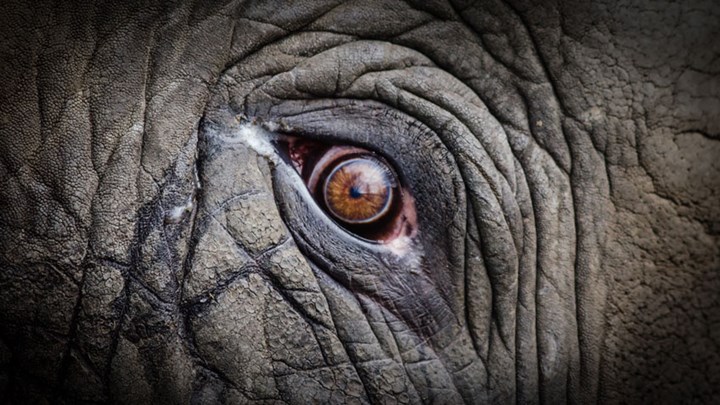
by Karen Mehall Phillips - Sunday, October 7, 2018

The animal rights extremist group Nonhuman Rights Project is filing a lawsuit against New York City’s Bronx Zoo on behalf of a female Asian elephant, demanding it be granted “legal personhood and the fundamental right to bodily liberty” and transferred to an elephant sanctuary. On what grounds? According to media reports from the New York Post to the National Review, the group says the elephant, called Happy—the “first elephant to demonstrate self-recognition in a mirror”—is not “happy” because the 47-year-old pachyderm has been in captivity in the zoo for 12 years but is meant to live with other elephants and roam free.
“It doesn’t matter how you imprison them, any normal elephant wouldn’t want to live in the Bronx Zoo,” said the Nonhuman Rights Project’s founder and president, Steven Wise, at a news conference at the zoo on Oct. 2. “We understand that she has some kind of relationship with her jailers, but that is like you or I being friendly with prison guards in any jail we were taken to.”
As mainstream Americans would expect, the zoo’s spokesperson labelled the suit “ludicrous.” “The Nonhuman Rights Project is exploiting the Bronx Zoo elephants to advance its own failing cause in the courts as they put forth ludicrous legal arguments and lies about our elephants, facilities and staff,” said Zoo director Jim Breheny in a statement.
You may recall that this same group previously petitioned the courts for personhood on behalf of two upstate chimps, an effort most recently squashed by New York’s State Supreme Court Appellate Division last year. Wise explained to the Post that his group is moving onto elephants now because it “ran out of chimpanzees in the state of New York.” He said it is filing the suit in the State Supreme Court in upstate Orleans County because local courts aren’t amenable to its arguments. Of course, since animal rights groups are never held accountable, Wise’s goal is to keep filing lawsuits until the group finds a judge who agrees with its claims and wants to make animal-rights-extremist history.
The problem with Wise’s reckless and selfish agenda? While the Nonhuman Rights Project and other extremist groups appear to treat “personhood” cases like a joke, their lawsuits have serious consequences. None of these groups are interested in the welfare of this elephant or any other animal they seek to represent. Even if the zoo in this case prevails, it will have lost considerable money in attorneys’ fees, draining it of its precious resources to do its job—starting with caring for its animals and maintaining and enhancing their habitats. By contrast, hunters, and mainstream Americans in general, take the protection of animals very seriously.
Commenting on the lawsuit on behalf of the NRA Hunters’ Leadership Forum (HLF), past NRA President and NRA HLF founder Jim Porter said, “Animals, notably wildlife, in this country are subject to the public trust that is the cornerstone of the North American Model of Wildlife Conservation,” which, by the way, was adopted by NRA Board as official NRA policy during his presidency in December 2014. Porter further explained, “The public trust teaches we are to be stewards of animals, providing food, water and shelter for those animals under our care. Selfish and careless lawsuits that stretch these principles are a dangerous precedent for our courts and society. What this case asks the court to do is to go beyond animal welfare and establish court law holding animals have rights as humans do.”
Pointing to additional holes in the personhood lawsuit, the National Review’s online article included the following points:
The bottom line, as the National Review article also noted, the care and treatment of animals arises from human responsibilities, not from demanding rights for animals due to ideological zeal. Being human is what ensures we treat animals humanely in the first place.
E-mail your comments/questions about this site to:
[email protected]
Proudly supported by The NRA Foundation and Friends of NRA fundraising.
